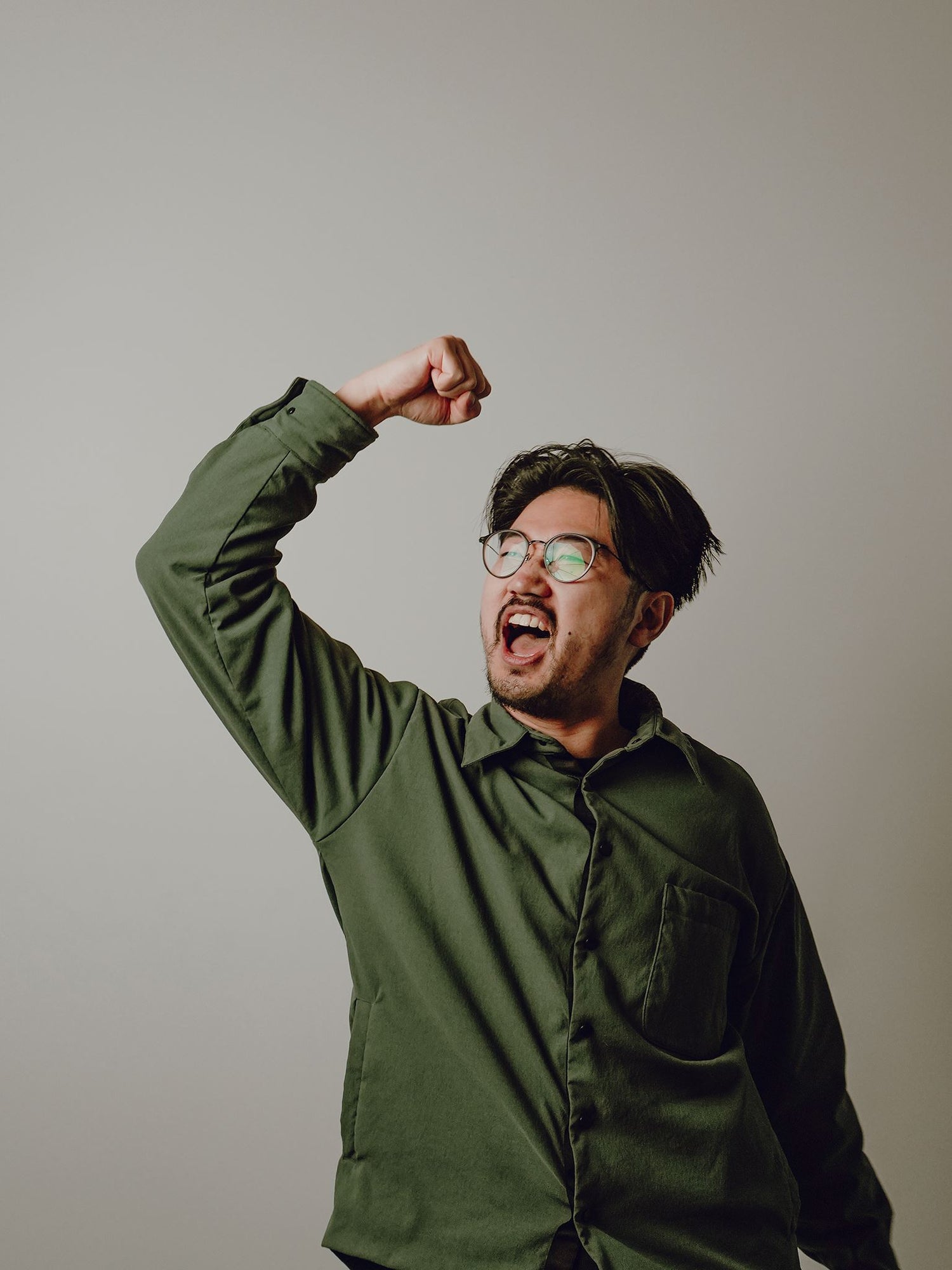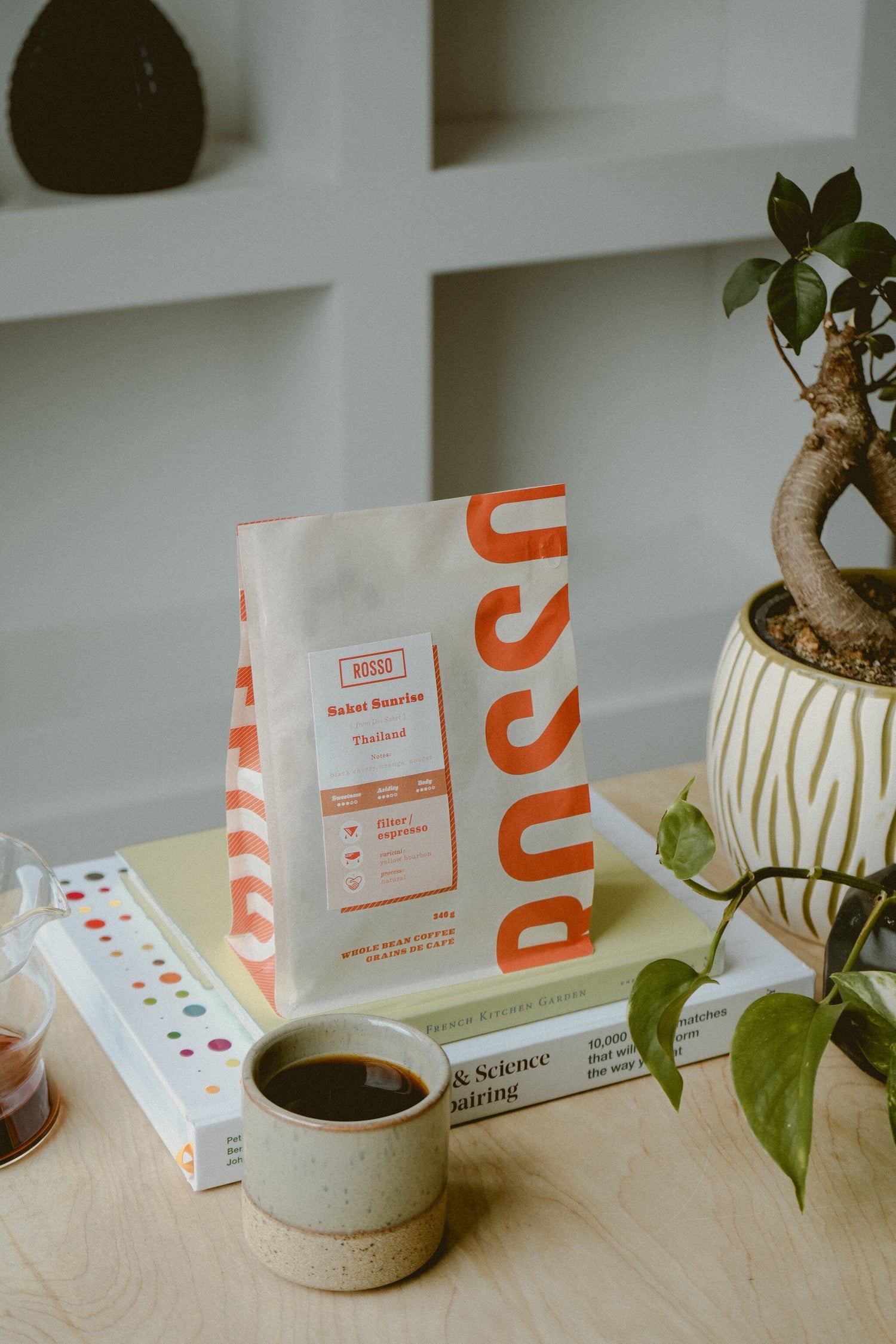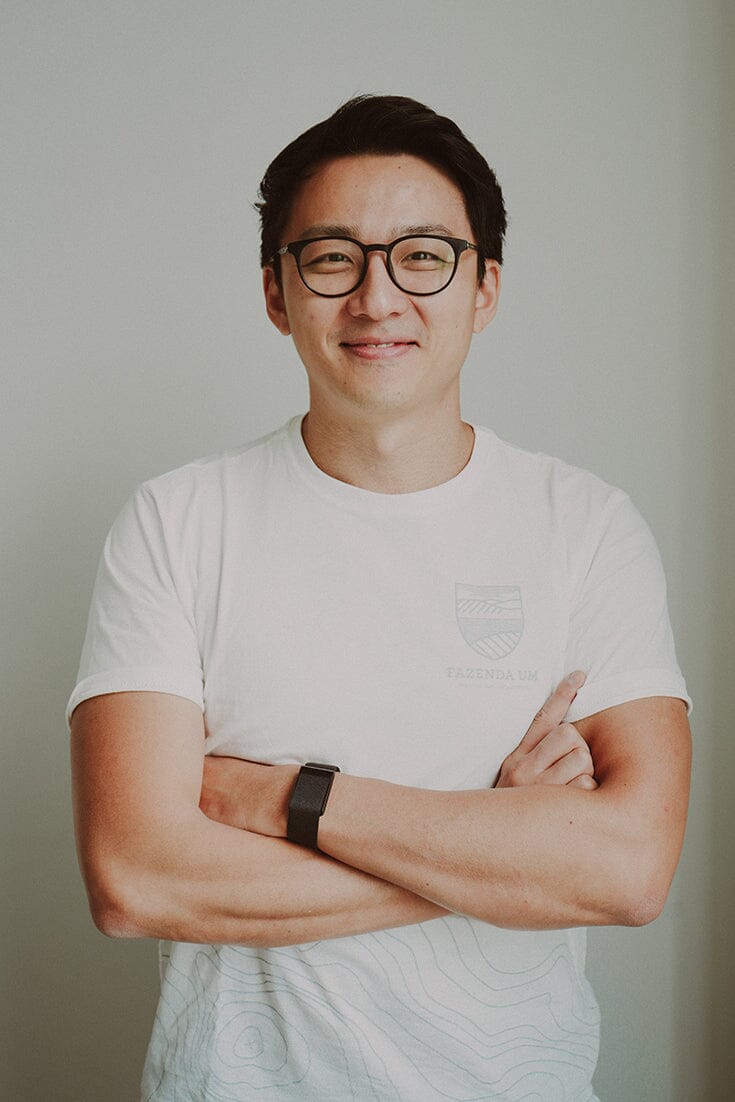Ywangan is the largest coffee producing region in Myanmar. We’ve spent the last two days here doing the same sort of things we do everywhere else - try to take over the world. Just kidding, that’s just a 90’s joke from Pinky and the Brain... In all seriousness, we’re tasting coffees and touring areas that are producing specialty grade coffee. Coffee that scores above 80 points in a cupping, and are sweet and clean. This is the first time we’ve visited Myanmar as a whole. We wanted to get as broad a perspective as we could, so we cupped samples from all the communities Winrock is working with here in Ywangan. We found some really great coffees and believe the future potential here is quite high.

The way the majority of coffee production works in this area, specifically, is on the village level. Small rural villages band together to produce specialty coffee in a cooperative styling. The farmers produce many different crops, but the majority of what they’re growing is for their day to day livelihood. They feed their families with the avocados, oranges, vegetables and even tea leaves. The coffee is either sold at a community market, a local trader, or (in recent years) has been uprooted for other crops that generate better income or a better food source. Unless a buyer such as ourselves comes in to change that equation. Lets get real, you can’t eat and live off coffee, even though some of our friends and family might think we do. A lot of these farmers don’t value coffee the same way we do. Our goal is to change their perspective and show them that their efforts in producing specialty grade coffee can better their communities.
So we cupped 25 samples of coffee at a mill called Amayar Coffee based in Ywangan. This is a facility that Winrock International and USAID have partnered up with local entrepreneur, Su Su Aung, with the idea of creating a sustainable economy based on coffee, educating the people on how to operate the business, and then, eventually (September 2019), moving on to the next project and starting again. In this case, they’ve invested in a very level headed and passionate woman who describes herself as ‘coffee crazy’. She has branded her coffee mill as Amayar because it symbolizes women in Myanmar. She’s employed 90% women at her operation with the hope of empowering the female population here in Ywangan and, ultimately, in Myanmar as a whole. A very lovely story she described to us while showing off her facility. Note: there is discrepancy between genders here in Myanmar - different pay scales, different jobs, etc.
We thought the story and the mission behind Amayar was powerful, and the coffee delicious. The mill was well organized and clean. They’re processing Naturals, Honeys, Washed and doing tests with fermentation. We shared some insight into processing experiments we’ve witnessed in other coffee producing countries. Su Su Aung was very keen to conduct her own experiments of a similar fashion. We’ll see what that leads to in future seasons. We’re happy to have made an offer on some of Amayar's washed coffees for our menu later this year. The profile was sweet, clean, juicy and a mix of stone fruit and melon characteristics. Yummy.
Su Su Aung was kind enough to allow us the lab space to taste the coffees from the surrounding villages, which were represented by Winrock. Three of our favourites, which we've had the opportunity to visit. Note: these villages only produce Naturals, as water is not easy to come by in these uber rural areas. We’re not certain these will all end up on our menu this season; however, we have a handful of days, a whole other region and a large amount of coffees to try before finalizing our selections.
The first village was called Myay Ni Kone. It’s in its first year of operation and consists of 9 members, 8 of which were present during our visit. The ninth member was at the monastery. Different to Amayar, these 9 are all men and they’ve banded together to represent the production of specialty coffee within their village. They believe the production of specialty coffee can potentially change their life.

The second village was Myin Dwin. It’s the second year they’ve been in operation. The organization and the structure is much more apparent. The altitude is about 100 metres higher than Myay Ni Kone, which is generally speaking a good thing for coffee. Higher altitude results in slower maturation of the coffee cherry, as the air temperature is slightly cooler. This coffee scored nearly one full point higher on the cupping table than Myay Ni Kone - maybe due to altitude, maybe due to the better structure. Here there are 27 members and nearly triple the production. The biggest difference is the support of the village itself. After the first year, other members of the village began to see the value of specialty coffee and joined the movement.
The man in charge of Myin Dwin, U Than Soe, submitted his personal coffee to the first ever Myanmar Coffee Cupping Competition and placed 5th, overall, in 2015. With this placement, he was able to convince his neighbours to band together and create this collective. Now, they’re hopeful they’ll produce 7 metric tonnes of green coffee this season. Pretty amazing for the 27 direct members and the near 100 families who contribute their coffee production. We visited U Than Soe’s home and saw his coffee plants, met his brother, wife and young son and got a small glimpse into their lives. We’re hopeful we’ll have Myin Dwin on our menu this upcoming season.

The last of the three village operations we visited was called Mya Paw Saw. They’ve just jumped into their first year of production, similar to Myay Ni Kone. They are comprised of 9 members, a mix of men and women, young and old. Their mill sits on a flat parcel of land at the bottom of the hills, where the village sits. They were keen for feedback on their work, which we love to hear. The biggest room for improvement we saw was in the selection of cherries and avoiding any rips or tears to the skin of the fruit - similar to the other villages. Picking cherries is incredibly tough - we’ve had first hand experience - but it’s the most critical aspect in the grand scheme of coffee production. If we don’t allow the coffee's full potential to form while on the plant, we’re putting a ceiling on quality. The farmers understood this, and the issue with the tearing of the cherry. When cherries tear, the sugars will dry out and a torn cherry will dry differently than a sealed cherry. Think of a fruit with a hole in it versus a fruit that’s fully in tact, then leave them for a week. I’d go for the fruit that’s fully intact. Keen to improve on coffee that’s already a fairly high quality, we’re hoping it will make its way to Canada too.
It was a solid few days in Ywangan. It’s a town heavily based in agriculture and hardly sees tourism. We were told there are two restaurants, and we ate at one of them for all of our meals because the other supposedly cooks with too much oil and salt. The food has been great, but let's just say we’re ready for some new food options and ready to make our five hour drive to Pyin Oo Lwin to see more of Myanmar's coffee.






2 comments
As I sit here drinking my coffee and reading these very informative blogs, I realize what a fascinating journey it is to produce good coffee beans. Thanks for sharing your adventures into the world of new coffee producers. I look forward to your next blog and my mug of delicious aromatic coffee from Rosso!
The different types of coffee cooperatives and groups brings home the choices that go into my morning cup of coffee. The technical details are appreciated and illustrate the choices you must make in choosing coffee to represent your business. Keep writing, I’m reading!